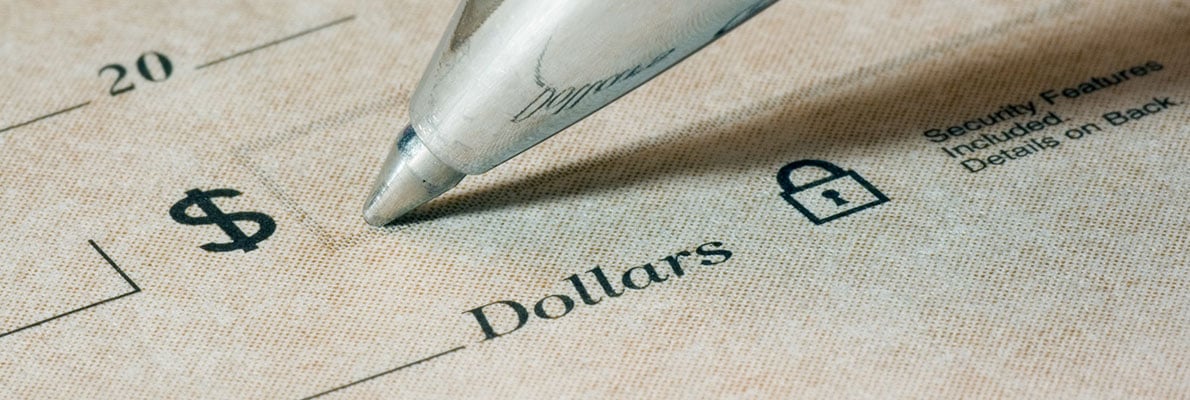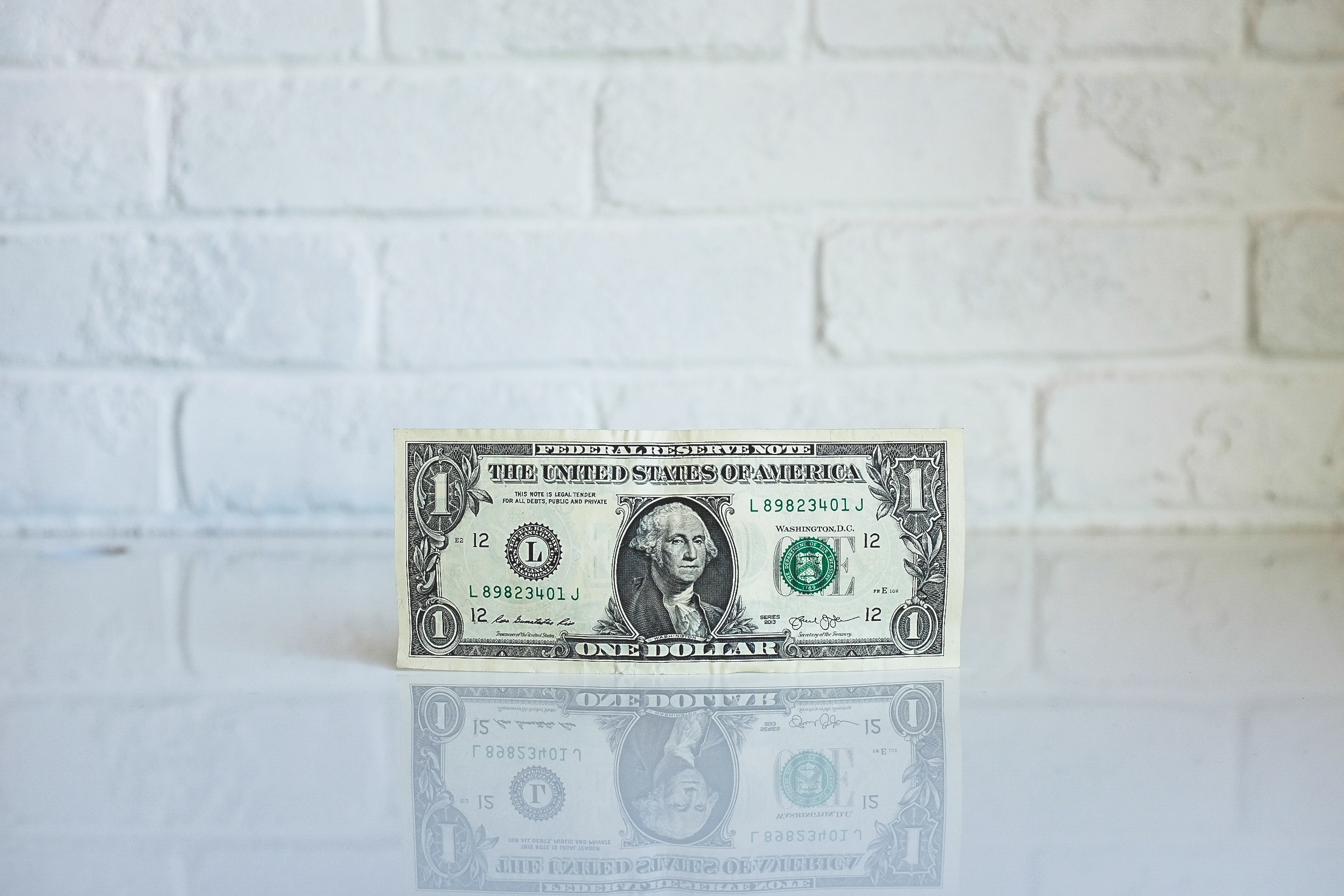The list of things to consider regarding your business is never ending and what forms of payment you accept is just one more item on the ever growing list. With that in mind, let’s discuss the advantages and disadvantages of different payment options to help you decide what is best for your business.
Payment type: CASH
The phrase, “Cash is King” has always been the rule of thumb, but even this King has weaknesses. Cash is instant gratification; you receive the money, and it’s yours unless they return the item, but even then you can offer store credit instead of cash in hand. Let’s take a look at the almighty dollar.

Advantages of Cash:
- Instant money in hand, except taxes of course. (Hey, nothing is entirely free!)
- There are no transaction fees with cash like there are with credit cards
- Minimizes bookkeeping, which means less stress & less hassle
Disadvantages of Cash:
- Money in the drawer can be tempting for some employees to steal
- A safe needs to be on site or frequent trips to the bank for deposits must be made, which takes time and money.
- Money at your location increases your risk for theft not just from employees but criminals as well.
Payment Type: CHECKS
Checks have always seemed funny to me, don’t get me wrong, we all use them, but a check is simply an I.O.U. (“I owe you”). Checks have been around for probably longer than you think but lately are becoming somewhat of a dying form of payment. With the technology boom of online banking & online bill pay, which have become a fast favorite for most people, written checks are becoming less and less common. However for a merchant, like cash, the beauty of checks is that it costs nothing to accept. Now that being said, this payment method does come with drawbacks.

Advantages and Disadvantages of Different Payment Types
- Some customers prefer to pay with a check instead of carrying cash or using a credit card. The age of your customers may also be a factor, folks over the age of 40 tend to be more comfortable with checks than with credit cards. Checks are also better to send in the mail for payments and invoices.
- Checks can now be processed electronically at the point of purchase much like a credit card but cost less to process in most cases. If you team up with a large processor, they may offer Point of Purchase check processing (P.O.P).
- A check is usually better than a customer walking out the door because they don’t have cash or plastic. (There are exceptions to every rule)
Disadvantages of Checks:
- Just because you have a check in hand, that doesn’t guarantee payment; bounced checks can even cost you money. Depending on your bank, they may assess fees for these bounced checks. Checking accounts can be frozen, empty or even nonexistent. A hand full of NSF checks can mean you start bouncing checks of your own since your account is lighter now than it should have been.
- Customers can put stop payments on checks, close their account, and even post-date checks if the cashier is not paying attention. All of these delay payment.
- If your bank does not offer remote capture, you again will be spending time and money away from your business driving to the bank regularly, hoping these are more than “I owe you” notes.
Payment Type: CREDIT CARDS
Credit cards came to the market in the 1950s growing in popularity ever since. Credit cards, like cash and checks, have come a long way since they first rolled out. Today, the statistics show that approximately 7 in 10 Americans have at least one credit card in their wallet. According to the U.S. Census Bureau, the population at the beginning of 2016 was 322 million people, which means there are approximately 232 million American potential customers with credit cards ready to purchase.

Advantages of credit cards:
- Accepting credit cards boost sales. Credit cards are becoming the most common method of payment, and your customers expect the ability to pay by credit card at any location. Studies show consumers who pay with a credit card spend more than if they were paying with cash. Who doesn’t love a good “impulse buy?”
- Accepting credit cards increase cash flow. Credit card transactions are deposited directly into your account, no need to head to the bank. As a general rule, a reputable processor should have your funds deposited within 24 – 48 hours after settling out. (Bank standards and holidays apply, just like for all other forms of payment)
- Accepting credit cards creates legitimacy. Customers see those credit card logos on your door, the brands they trust that are in their wallet, and strangely enough, there is a transference of confidence to your business. Merchants who are “cash-only” seem foreign and ancient in this new credit card-centric worldview.
Disadvantages of credit cards:
- Credit Cards can add another level of difficulty to bookkeeping and accepting credit cards can be an added monthly expense in most cases. Surcharging products can alleviate the costs associated with credit card acceptance.
- Credit cards do come with risks such as chargebacks and fraud. But added steps like EMV and PCI Compliance give you the protection you need to combat fraud. Additionally, finding a reputable processor who can help you with tokenization and encryption is an important consideration. The more steps you take to protect your business and your payment system at the time of set-up will allow you allay your worries once you start processing.
- Refunds on credit cards are not immediate. While a credit card transaction may take seconds, the reversal or refund is not nearly as fast. Many steps are involved in issuing refunds, the general rule of thumb for a refund to be processed on a credit card is 2-30 days depending on many factors.
Payment type: MOBILE PAYMENTS
How times have changed from bartering with sea shells (8000 years ago) to wearing a watch that pays for lattes. Mobile wallets are the newest craze to hit the market, and Apple Pay, Samsung Pay, and Google Wallet are the front runners blazing the trail. Not all mobile wallets are the same, some accept loyalty programs where others do not, some only accept certain types of cards, etc. If you decide you want to be on the cutting edge of technology, talk to your merchant service provider about what they recommend when it comes to mobile payment options.

Advantages of the Mobile Payments:
- NFC (Near-field Communication) payments are the newest form of accepting credit cards, and if you like to be on the cutting edge of technology you won’t want to be left out
- Nearly two-thirds of Americans in 2015 owned a smartphone. Chances are if your customer has a smartphone they will likely have a mobile wallet. The more options you can offer your clients the happier they will be.
- Mobile payments are secure. The POS system does not have access to the full card number so malware cannot take the information. Apple Pay, for example, does not store your card information at all.
Disadvantages of the Mobile Payments:
- You must have NFC equipment. No NFC hardware = no mobile wallet payments
- There are many mobile wallets out there, and they don’t all work the same, you will have to figure out which one is right for you.
- The rewards for the customer to use a mobile wallet are not 100% clear yet. The customer may not receive certain “perks” at that approved retailer because the system would show the charge coming from Google instead of the authorized retailer.
In the end, regardless of what types of payments you decide to accept, your customers at the very least will expect to be able to pay with cash and credit cards. You have many decisions to make about which payments are right for your business. If you’re still on the fence about what payment methods to accept, talk to a merchant service provider, talk to other business owners, but always do what feels right for you and your business.
Accept any type of payment


